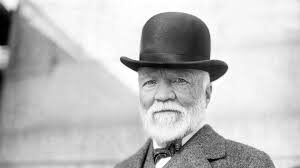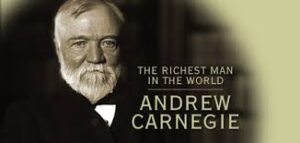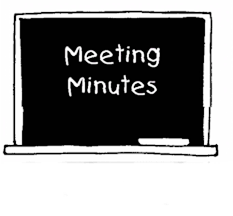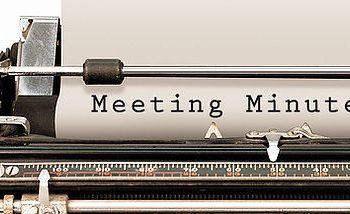 April 2025
April 2025
Meeting minutes are a crucial part of condo corporation records. Any owner, purchaser or mortgagee of a unit can request and is entitled to access meeting minutes and other corporation records. Keeping them simple and unbiased helps maintain the integrity of board decisions and the corporation.
Yet, condo board meeting minutes often appear intentionally written to obscure conflicts, disagreements or discussions that occur during the course of board meetings.
Without meeting minutes it is as if a condo board meeting never took place. There is no record of what was said, by whom or what decisions were made. Decisions or actions taken by the Board can be questioned by any owner or resident who wishes to do so. Without meeting minutes there may be no way for a Board to defend itself in court should this become necessary.
Meeting minutes should show how condo assets are managed and how condo fees are spent. They document the financial position of the corporation and decisions that affect residents. Minutes are legal documents used by legal authorities, auditors, tax authorities and others as representation of actions by the Board. They are admissible in court as a reliable accounting of board actions.
Yet condo board meeting minutes maintained in this manner do not represent the interests of owners for whom meeting minutes are the only way to gain an understanding of board actions and decisions.
Andrew Carnegie was possibly the most successful industrialist of all time. He ran much of his empire from afar and relied on meeting minutes to understand his business operations and board actions. Mr. Carnegie demanded “full, precise minutes of the proceedings of board meetings” and that “the votes of each member, pro and con, in the Board shall be recorded”.
According to Mr. Carnegie, minutes should not only record every member’s vote on every issue but “in addition to this … any reason or explanation which a member desires to give for his vote. If this were properly done, then any of us looking over the Minutes would be able to judge of the judgment displayed by the voter, which of course, would affect his standing with his colleagues. It would bring responsibility home to him direct, and I do not see any other way that will enable us to judge whether any … has good judgment or not…The minutes cannot err in being too full, the fuller the better. They can err in being too much curtailed.”
 Mr. Carnegie’s success shows the value of properly detailed minutes intended to inform rather than obscure board activities.
Mr. Carnegie’s success shows the value of properly detailed minutes intended to inform rather than obscure board activities.







